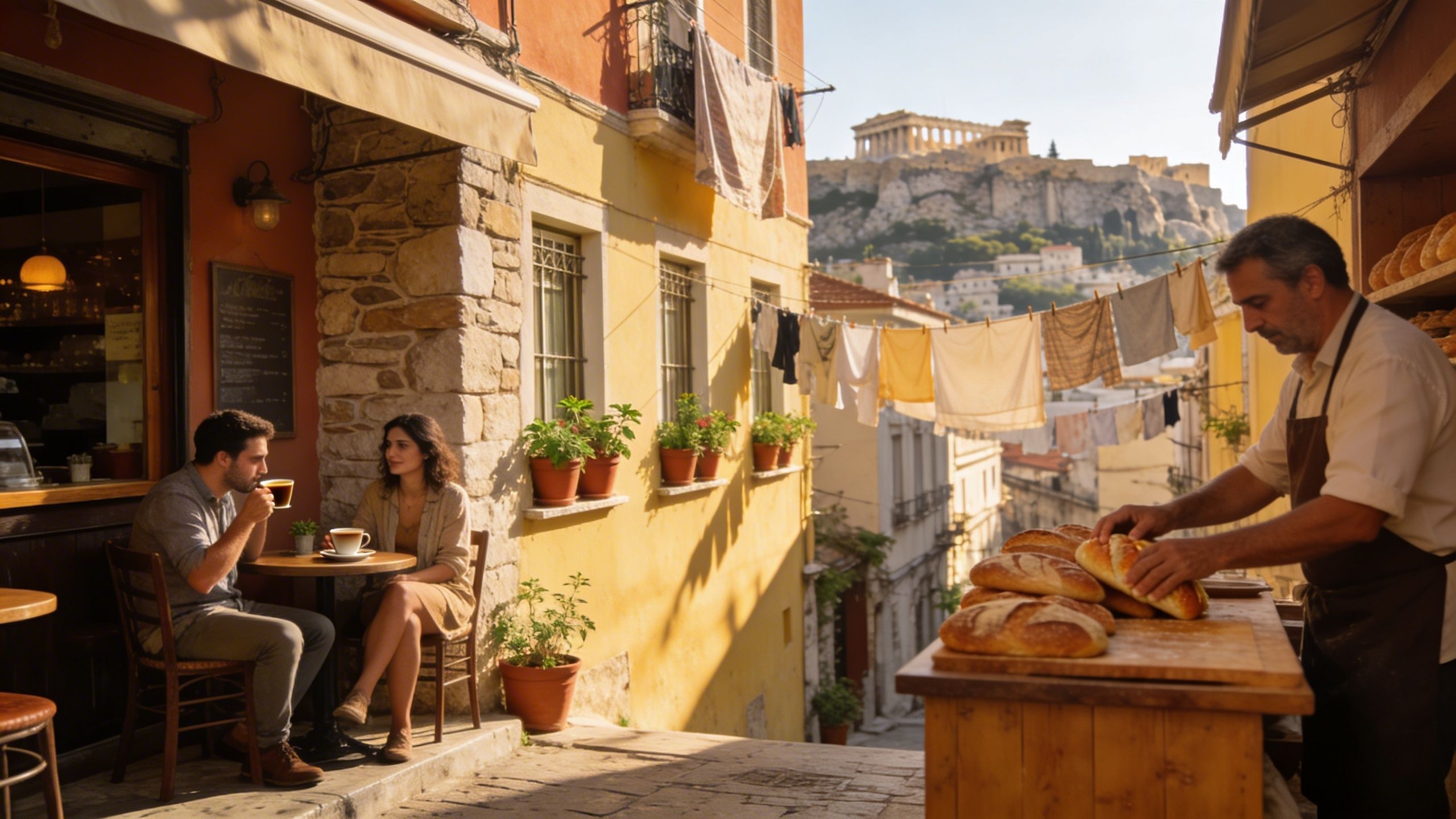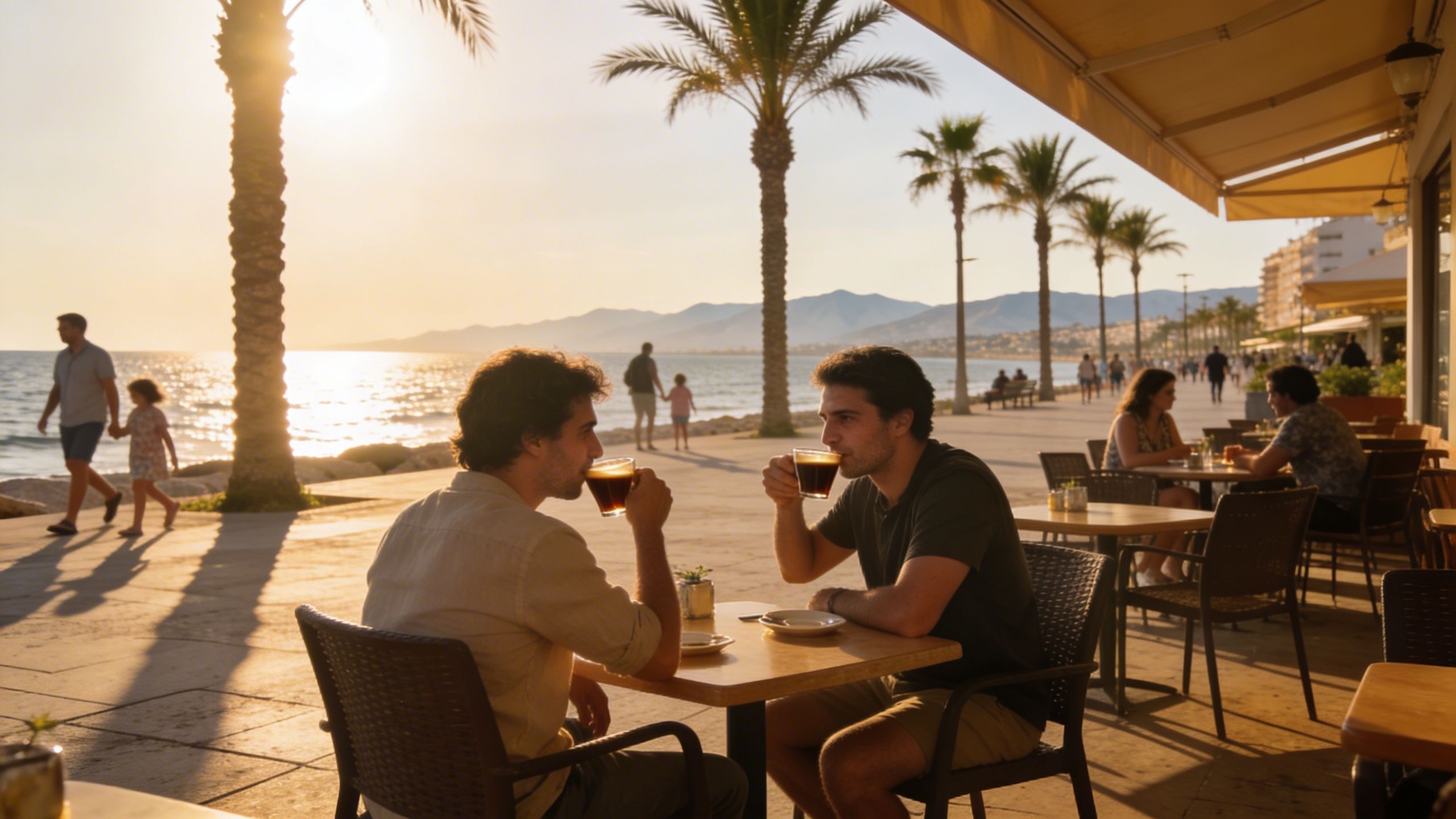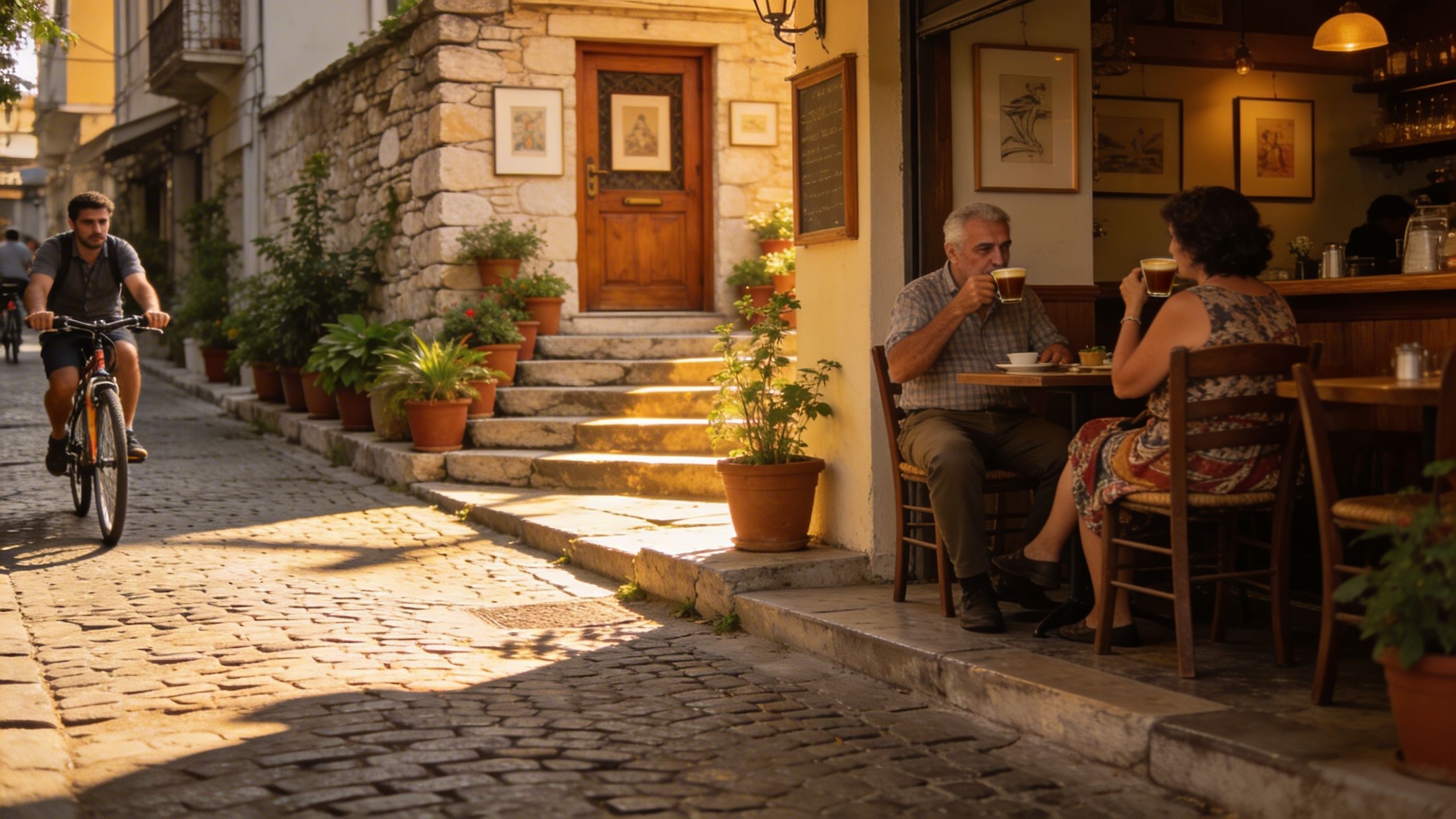Due Diligence: Permits, Taxes & Stewardship in France
Fall in love with France’s seasonal rhythms while safeguarding your purchase: practical due diligence, tax clarity and permit checks for international buyers.
Imagine waking to the smell of freshly baked bread, stepping out onto a stone terrace edged with lavender, and listening to the distant church bell while planning a morning at the marché. France offers a rhythm of seasons, local rituals and places—Parisian cafés, Provençal light, Breton tides—that make a home feel like a lifelong invitation. For many international buyers that invitation also carries practical questions: permits, taxes, inspections and the subtle rules that shape how you live here. This guide blends the sensory promise of life in France with the due diligence you’ll need to protect both your lifestyle and your investment.
Living the France lifestyle
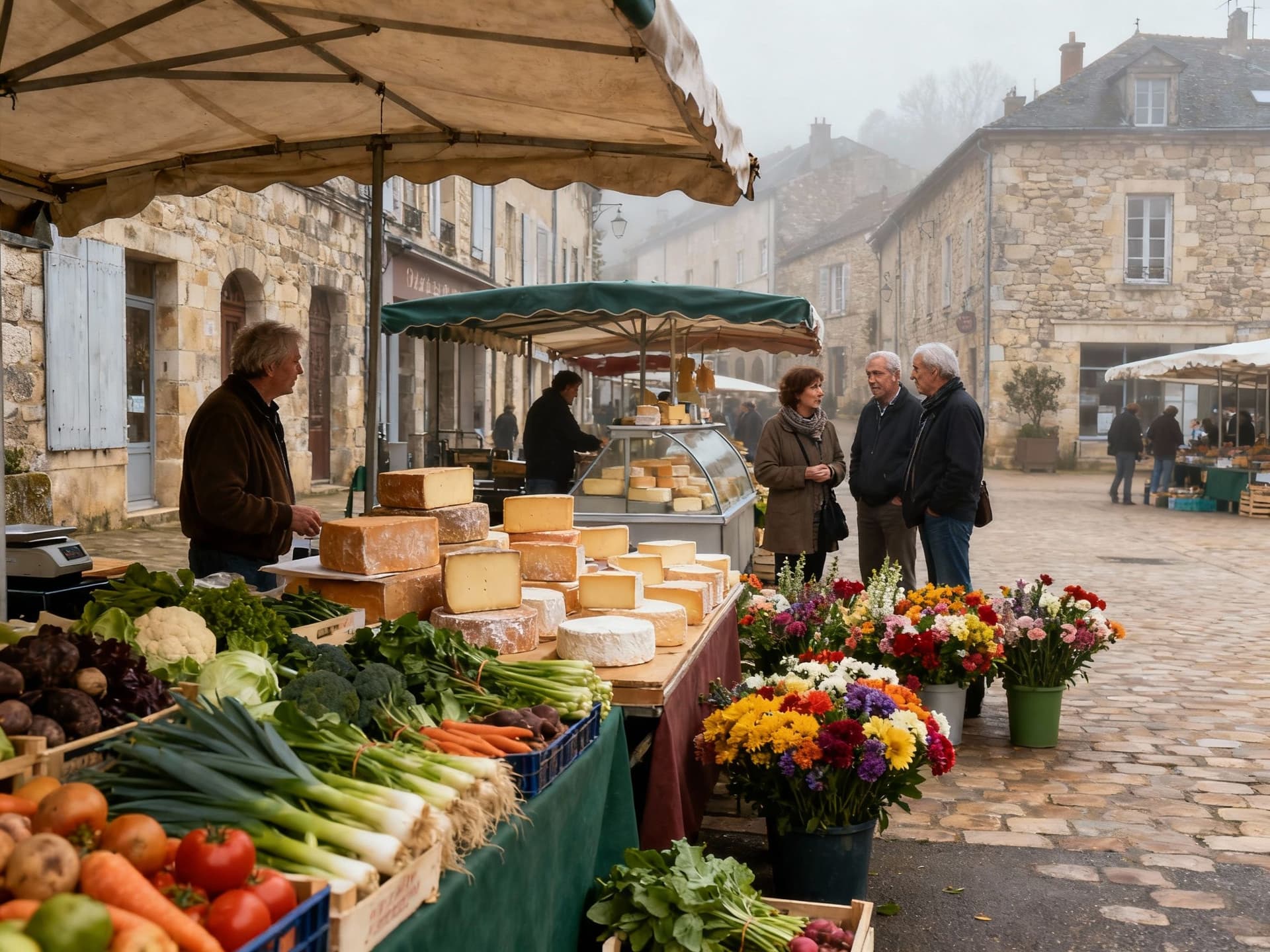
To live in France is to inhabit a patchwork of rhythms: market mornings and long lunches in the south, dog walks and boulangerie runs in the north, winter firesides in mountain towns. Neighborhoods are intimate theatres—Rue Cler in Paris hums with produce stalls, Marseille’s Le Panier opens to salted breezes, and the lanes of Saint-Rémy de Provence smell of rosemary and olive. These daily textures determine practical choices: proximity to weekly markets, the orientation of terraces for sun, and access to local artisans who will steward a historic roof or a lime-plastered façade.
Neighborhood spotlights: where life unfolds
In Paris, the Marais and Canal Saint-Martin offer cobbled intimacy and cafés that pulse late; on the Côte d’Azur, Nice’s Promenade and Antibes’ old town trade glamour for relaxed seaside living; in the southwest, Bordeaux and Biarritz blend market culture with surf and vineyards. Each place shapes how you’ll use a home—city apartments lean into walkability and heating efficiency, while country mas and stone cottages ask for insulation, drainage checks and respect for local planning rules.
Food, markets and seasonal rituals
Weekends in France often revolve around markets: early light, crates of seasonal vegetables, cheeses with textured rinds and the banter of producers. Festivals—Fête de la Musique in June, village fêtes in August, truffle markets in winter—shape property demand and community feeling. For buyers seeking sustainability, look for properties near seasonal producers and with space to garden: a south-facing courtyard can become a low-footprint pantry.
- Lifestyle highlights to seek in a French property
- Weekly markets (e.g., Marché d’Aligre, Paris; Cours Saleya, Nice)
- Easy access to local healthcare and pharmacies (important for retirees)
- South- or west-facing gardens for vegetable beds and passive solar gain
- Nearby artisans and builders familiar with local stone, lime mortars and heritage repairs
Making the move: practical considerations
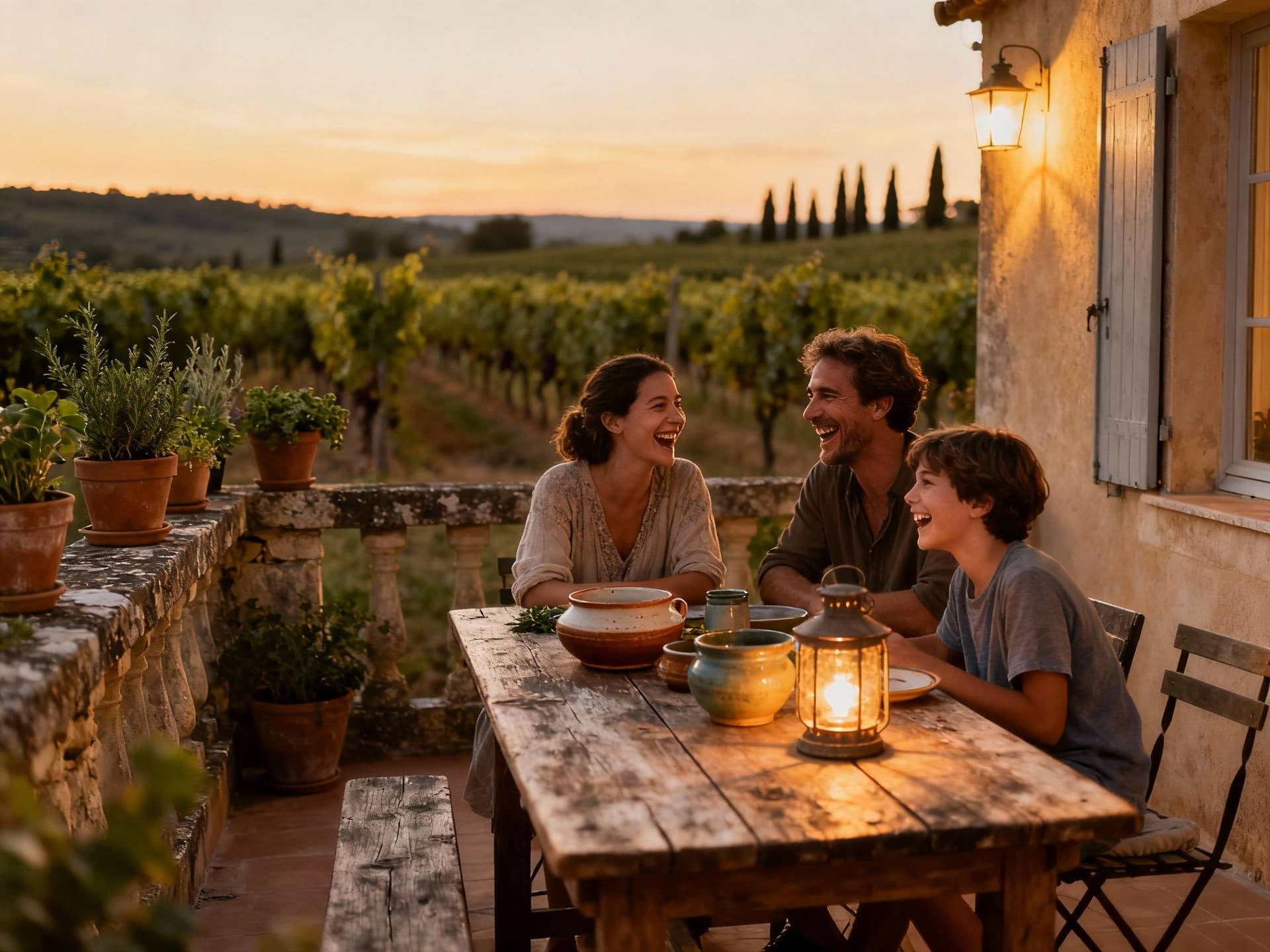
Dreams of lavender and light must meet reality: paperwork, permits, local taxes and the market’s current pulse. In 2024–2025 France saw renewed transaction activity after a quieter period; interest rates and local demand can meaningfully affect timing and negotiation. For an international buyer, due diligence is both a protective discipline and a way to ensure the home supports the lifestyle you imagine.
Property styles and what they offer
From Parisian haussmannien apartments that prize insulation and double-glazing upgrades to rural stone mas requiring roof inspection and drainage, each property type has a sustainability and maintenance story. Older stone houses often benefit from breathable lime plaster and thermal retrofits; modern renovated barns can offer high-efficiency heating and photovoltaic-ready roofs. Ask for energy diagnostics (Diagnostic de performance énergétique, DPE) and evidence of recent works before you sign.
Working with local experts who know the lifestyle
A local notaire, an architect experienced in regional materials, and an agent fluent in both your language and local planning practice are invaluable. Notaires handle the legal transfer, ensure titles are clear, and explain clauses about servitudes (rights of way) and co-ownership rules in appartements. Tax specialists can clarify how taxe foncière or IFI may apply to you as a non-resident and help set up the right declarations on impots.gouv.fr.
- Steps to marry lifestyle and compliance when buying in France
- 1) Commission a DPE and a structural inspection to understand energy costs and hidden repairs.
- 2) Ask the notaire for full title and servitude searches and confirm boundaries with a géomètre if needed.
- 3) Verify planning and permit history with the mairie—any unpermitted extensions can become expensive liabilities.
- 4) Confirm tax exposure: taxe foncière, taxe d’habitation rules for second homes, IFI thresholds and non-resident income tax obligations.
Insider knowledge: what expats wish they’d known
Seasonal life affects costs and joy: owning on the coast means summer visitors and wear on windows and terraces; mountain homes demand winter-ready insulation and reliable heating. Many expats wish they’d started conversations about maintenance costs and local labor availability earlier. Others underestimated the time it takes to secure permits for heritage restorations. Practical foresight prevents heartbreak and keeps the house feeling like sanctuary.
Cultural integration and daily life
Learning basic French will change the quality of your life: a morning chat with a baker or being able to read municipal notices makes you part of the flow. Participate in local fêtes and volunteer at markets; these small gestures build trust and often open doors to trusted tradespeople and rental opportunities. Expat communities are helpful, but local ties anchor true belonging.
Long-term stewardship: sustaining the life you bought
Think beyond the purchase: plan for energy upgrades (insulation, heat pumps), biodiversity (native plantings, rainwater capture) and a maintenance reserve. Properties that are cared for in ways that respect regional materials and microclimates keep their character and reduce long-term costs. Treat a French home as an ecological project as much as a residence.
- Red flags to address in due diligence
- Unclear title or unresolved servitudes
- No DPE or energy report that understates heating needs
- Unpermitted extensions or planning infractions visible in mairie records
- Lack of documented work by qualified trades (roofing, structural)
When you combine the sensory pleasures of France with disciplined due diligence, you create a life that feels both wild and well-ordered. Buy with curiosity about place and with documents in hand; choose experts who value heritage and sustainability as much as you do.
If you’re ready to explore properties, consider these first practical steps: arrange a remote consult with a French notaire, commission a DPE and structural inspection before making an offer, and request a full neighbourhood planning history from the mairie. Local agencies are your bridge to the life you imagine—seek ones that speak both language and landscape.
Conclusion: fall in love thoughtfully
France is a collection of luminous, lived-in places where homes are part of an ecosystem—cultural, climatic and human. Protect your dream with careful research, trusted local partners and an eye toward regenerative stewardship. Start with curiosity, stay with care, and your French home will return the favour for generations.
Dutch property strategist who helped 200+ families find sustainable homes in southern Europe; expert in legal pathways and long-term stewardship.
